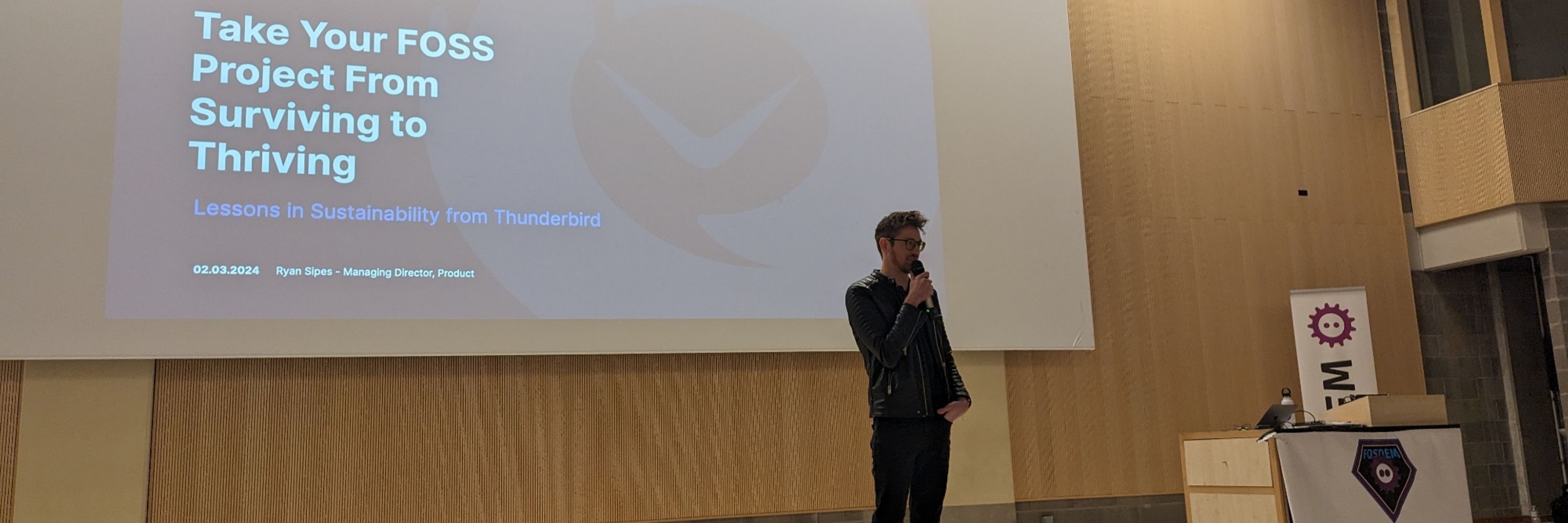I Hope the AI Bubble Bursts (Because I Love Technology)
The conversation around generative AI is dominated by two extremes—Skeptics focused only on its harms, and Hypers hailing it as a panacea. A missing voice, the Realists, sees LLMs as a normal, powerful tool with real benefits and real challenges.

I hope the AI bubble bursts. There I said it.
Why? Because I have watched developers, tech enthusiasts, researchers, activists, politicians, business leaders and venture capitalists turn this technology into the devil incarnate or our long-awaited salvation. And I hate it.
Hang with me for a moment and I'll explain.
By my count, there are four broad perspectives on Generative AI, and they are:
The Watchers: This represents the largest group, they are using the technology and watching it develop - not really engaged seriously in a debate about what it represents or how it is made.
The Skeptics: This group is pessimistic about AI, primarily around the negative environmental, intellectual property and societal/economic impacts that they think the technology represents. There is also a group of Super Skeptics that believe generative AI offers nothing of value at all. Many in this group only talk about the harms, unwilling to acknowledge where people are already finding value.
The Hypers: We are all familiar with these folks, they believe that AI is the solution to many of the problems that humanity faces (its adoption may, conveniently, enrich the people with this perspective). They believe this technology represents a new age for our species and that we should accelerate AI's development. (Note: I think "Doomers" may also be in this category, but believe the technology will turn out to be exceptionally negative and its development should be slowed - but they still believe it will radically alter everything).
If you engage in any online conversation about generative AI on the internet right now, you will likely see the Skeptics and Hypers arguing constantly to no productive end. Their frames are so radically different, that there is no other outcome one should expect from these exchanges. "AI is going to ruin everything." or "AI will solve all our problems."
But if you were counting, that's only three perspectives. There is one more group that I think is under-represented in the current conversation, but needs to be a part of it.
The Realists: These people believe that LLMs and the rest of Generative AI represent a "normal" technology that has valuable applications and, also, problems that must be solved (such as dealing with those aforementioned environmental, IP and societal/economic impacts). These people want to have pragmatic, solutions-oriented conversations about steps to take to get the most out of the tech while addressing its negative consequences.
And here it is. I hope the AI bubble bursts because I really wish there were more "Realists" in the conversation right now. I think the burst would bring the temperature down. I find myself repeatedly perplexed when I am met with arguments that feel more like religious fundamentalism than reasoned, evidence‑based dialogue. Hilariously, my experience is that those hyping generative AI often think I'm a skeptic, and skeptics think I'm a "Hyper" - and treat me accordingly. This technology will not offer us ultimate deliverance or disappear entirely, so we should be talking about what our realistic ideas are for the present and future of AI.
So, what do I want? I encourage others to join me in being a Realist. Stop treating generative AI as a cult icon or a villain and start treating it as the tool it truly is: powerful, imperfect, and, with the right stewardship, beneficial. If we can nurture more of these pragmatic, solution‑focused discussions, the AI bubble won’t just burst—it will settle into a sustainable, productive part of our technological ecosystem.
For skeptics, which represent many of the people who follow me. I want to acknowledge that I am skeptical too of the current companies developing and pushing AI at the moment, but I think we can build a community to do better. I encourage you to read Anil Dash's What would "Good" AI Look Like? - and then share your thoughts with me. I think there is a lot of criticism of the technology without sharing what a positive expression of it would look like. Anil's post shares what "Good AI" could be.

I'd like to call out this article (that I linked above), called "AI as Normal Technology"

Finally, if you want to yell at me, you can talk to me on Mastodon or Bluesky:





